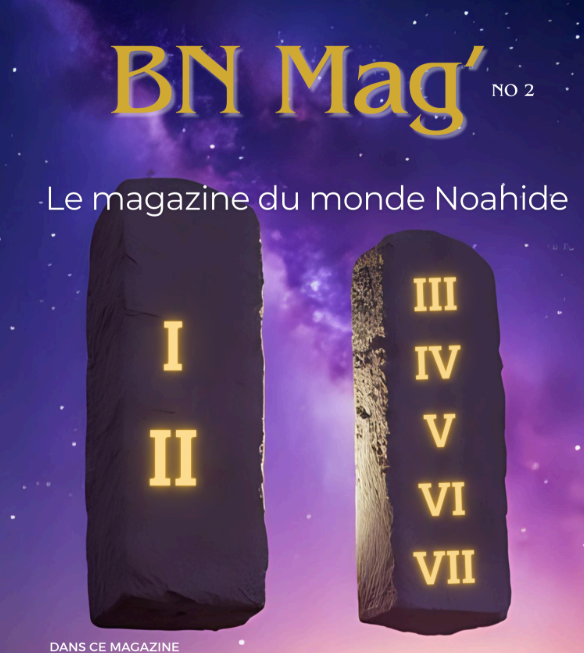Kidnapping, Freedom, and the Human Spirit: A Comparative Analysis
The kidnapping of more than 250 Israeli citizens by Hamas in October 2023 has once again brought to the forefront the global issue of abduction and its devastating impact on individuals and societies. This heinous act parallels biblical narratives, such as the story of Dinah, whose kidnapping and subsequent violation are recounted in the Book of Genesis. Both incidents highlight the fundamental breach of human rights and the profound trauma inflicted upon victims and their families.
The act of kidnapping is not merely a physical crime but also a moral one. It contravenes fundamental human rights, including life, liberty, and security. Moreover, it undermines the very fabric of society, challenging the principles of justice and equality upon which civilized nations are built.
The struggle to free those who have been abducted is a battle for fundamental human rights. It requires unwavering determination, resilience, and solidarity. The inner strength of families, communities, and nations is essential in overcoming such adversity. This resilience manifests in the ability to cope with trauma, maintain hope, and continue to fight for the freedom of those captive.
Numerous studies have shown that captivity can have a profound and lasting impact on the mental health of victims. The trauma of captivity often leads to post-traumatic stress disorder (PTSD), depression, and anxiety. However, the human spirit is remarkably resilient, and many captivity survivors have demonstrated an extraordinary ability to recover and rebuild their lives.
The experiences of individuals like Viktor Frankl and Natan Sharansky, who endured the horrors of totalitarian regimes, offer valuable insights into the human capacity to find meaning and purpose even in the most dire circumstances. Frankl's logotherapy concept emphasizes the search for meaning as a primary human drive. Sharansky's account of his experiences as a prisoner of conscience highlights the importance of inner strength and resilience in overcoming adversity.
The core value for which the Jewish people have fought—rooted in their history of enslavement in Egypt and epitomized in the struggle led by Moses under the slogan "Let My People Go"—stems from the understanding that every person is created "in the image of God," making their right to freedom inviolable. This struggle bore fruit, and about sixty years ago, the free world adopted this principle. However, within our midst, there are still barbaric terrorists who have not yet embraced this maturity. It is at the heart of the current struggle, in which the Jewish people lead with pride again.
Thus, we are writing the next chapter in the history of the world. Join us



